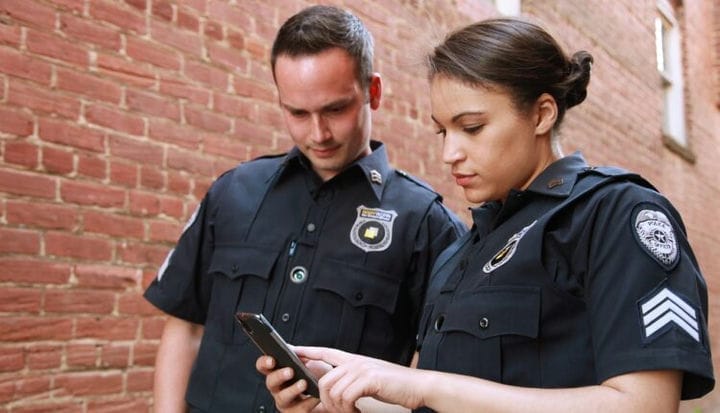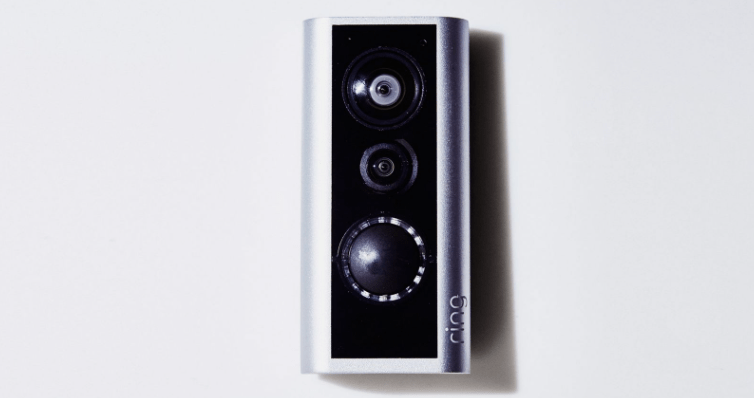Police are increasingly asking Google and other tech companies for who, where and when to investigate crimes.
In 2018, 23-year-old Jorge Molina was arrested and jailed for six days on suspicion of killing another man. Police in Avondale, Arizona, about 20 miles from Phoenix, held him for questioning. According to the report, the cops told him they were "100% sure" that his phone was at the crime scene, according to data provided to them by Google.
In fact, Molina was not there. He simply lent his old phone to a man who was later arrested by the police. The phone was still tied to his Google account.
The information about Molina’s phone came from a geofence warrant, a relatively new and increasingly popular investigative technique police are using to track the whereabouts of suspects. Traditionally, the police identify the suspect and then issue a search warrant to search the person’s home or belongings.
FBI fears smart doorbells could alert owner to being searched
FBI documents say Amazon’s Ring and similar video intercoms can record video like a security camera. Such video footage is sometimes used for both crime investigation and police surveillance. Edition of The Inter…
Geofence works in reverse: the police start by determining the time and location of the crime, and then request data from Google or another technology company about devices in the area at that time. The companies then typically provide anonymous data about the devices in the area, and the police use their own investigative tools to narrow down the list.
They can then ask for more specific information, such as an email address or account holder’s name, for a phone number from a narrower list.
Critics say the process is an invasion of privacy, often subjecting many people to unconstitutional searches. Two judges denied requests for a geofencing warrant and questioned whether they were complying with the Fourth Amendment protections for searches. Lawmakers and activists see the court rulings as steps towards a potential ban on the practice.
Although this practice is relatively new, it is becoming more common. Google reported a 1,500% increase in searches in 2018 compared to 2017. The New York Times reported that the company received 180 inquiries a week last year. Privacy experts told WIRED that not only Google, but also Apple, Uber and Snapchat have received similar requests.
New York law prohibits law enforcement from obtaining location data from technology companies or any unnamed data brokers that collect data from seemingly harmless apps. The law also prohibits law enforcement from bypassing geofencing warrants and directly buying location data, as the Secret Service recently did, the vice president’s report said.
Secret Service bought user location data
Agencies usually require a warrant or court order to force a company to provide location data for an investigation. But agencies don’t need a warrant if they can buy the data
Federal justices of the peace echoed those criticisms in July, denying requests from U.S. Attorney’s Office in Chicago for geofencing warrants to help investigate stolen pharmaceuticals. The office said it was using a three-step protocol to protect user privacy.
First, he limited the request to a specific time and place; he then looked for corroborating information about phones identified as being in the area. Only then did he ask Google for specific information about a small number of device owners.


